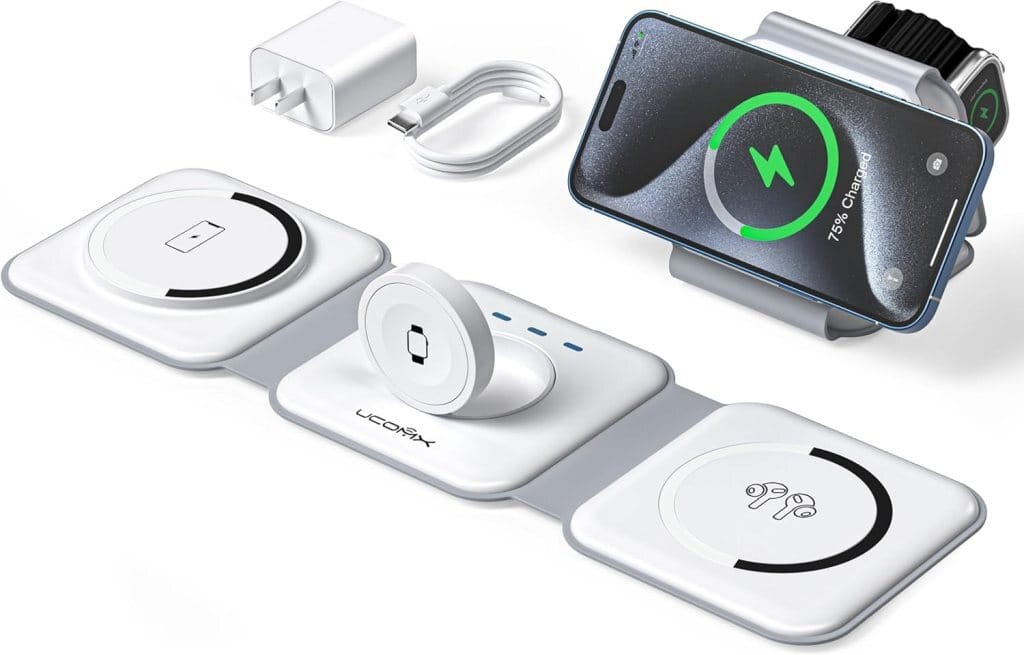- Ark's Newsletter
- Posts
- The $500K Dream Home Trap: Why Buying Could Really Cost You $1.5M (And Why I’m Still Renting)
The $500K Dream Home Trap: Why Buying Could Really Cost You $1.5M (And Why I’m Still Renting)
The shocking math behind homeownership—and why renting might secretly be the smarter move.

Renting vs. Buying: Debunking the Homeownership Myth
The idea that renting is “throwing money away” while buying a home is the ultimate financial milestone is deeply ingrained in American culture. Yet, for many, including myself, choosing to rent despite being able to afford a home is a deliberate and financially sound decision. Every time I share this perspective online, it sparks heated debate. So, let’s dive into why renting can make sense, the true costs of homeownership, and how to approach this highly personal decision with clarity.
To be clear: I’m not against homeownership. I plan to buy a home in my 30s when the timing aligns with my financial and lifestyle goals. But the notion that owning a home is inherently superior to renting is outdated, rooted in a housing market and economic reality that no longer fully applies. At Break Your Budget, we focus on cutting through personal finance myths to get the basics right. Here’s why renting might be a better choice for some and how to evaluate the rent-versus-buy decision.

The Homeownership Myth
Society often equates homeownership with financial success, as if renting signals a lack of ambition or fiscal responsibility. This perspective overlooks the diverse ways to build wealth. My net worth, for instance, exceeds that of many homeowners I know, despite my choice to rent. Wealth isn’t just about owning property—it’s about making informed financial choices that suit your life.
The “renting is throwing money away” argument oversimplifies a complex decision. Both renting and buying involve sunk costs—expenses you can’t recover. While renting doesn’t build equity, homeownership comes with significant costs that are often ignored in the pursuit of that equity. Let’s break down the factors to consider when deciding whether to rent or buy, focusing on both financial and lifestyle considerations.

Financial Factors to Consider
1. Upfront Costs
Buying a home requires a substantial upfront investment. The down payment is the most obvious cost, typically ranging from 10% to 20% of the home’s price. For a $500,000 home, that’s $50,000 to $100,000. Personally, I plan to put down 20% to avoid private mortgage insurance (PMI), which adds to the cost of lower-down-payment loans.
Beyond the down payment, closing costs, and inspections, furnishing a new home can add another $10,000 to $15,000 or more. Moving from an apartment to a house often means buying additional furniture, which can be a significant expense.

2. Ongoing Costs
The monthly mortgage payment is just the beginning. Property taxes, which vary by location, can be a substantial annual expense—often increasing as your home’s value rises. For a $500,000 home, assuming a conservative 1.25% property tax rate, you’d pay about $6,250 annually, or $187,500 over 30 years, assuming no increase in home value.
Maintenance is another overlooked cost. Budgeting 1-3% of your home’s value annually for repairs and upkeep is standard. For a $500,000 home, that’s $10,000 per year (at 2%), totaling $300,000 over 30 years. Some years may require minimal maintenance, but others might demand costly repairs like a new roof.
Homeowners insurance, required for most mortgages, averages around $2,500 per year (likely higher in many areas), adding $75,000 over 30 years. Additional costs like PMI (if your down payment is less than 20%) or HOA fees can further inflate expenses.

3. Market Conditions
The real estate market and interest rates heavily influence affordability. As of summer 2025, high property values and elevated interest rates (around 6.5% for a 30-year mortgage) make homeownership less accessible. For a $500,000 home with 20% down, the interest alone over 30 years could exceed $500,000, effectively doubling the home’s cost.
Buying an overvalued home can also limit future appreciation, reducing the potential for profit when selling. While some hope to refinance when rates drop, there’s no guarantee rates will return to pandemic-era lows, and refinancing comes with its own costs.

Lifestyle and Emotional Factors
Beyond finances, lifestyle plays a crucial role. A home is an anchor, tying you to a specific location. If you value flexibility—whether for career mobility or personal reasons—renting offers freedom that homeownership doesn’t. A good rule of thumb is to plan to stay in a home for 5-10 years to justify the transaction costs and build meaningful equity.
Job stability is another consideration. A mortgage is a long-term commitment, and unexpected job loss or relocation can strain your finances. For me, the emotional and lifestyle benefits of renting outweigh the pressure to buy. I’m not ready to settle in one place or take on the responsibilities of homeownership alone, even though I can afford it financially.
Your home is more than an investment—it’s your safe space, potentially where you’ll raise a family. Emotional factors, like the desire for stability or personalization, are valid. The key is ensuring you can afford the home without sacrificing your financial security or lifestyle.
The Sunk Costs of Homeownership
The biggest myth about renting versus buying is that renting wastes money while buying builds wealth through equity. Equity—the portion of your home you own—is often overstated as a financial advantage. Let’s use a $500,000 home with a $100,000 down payment and a $400,000 mortgage at 6.5% interest over 30 years as an example.
Mortgage Interest: Over 30 years, you’d pay approximately $511,000 in interest alone, nearly doubling the home’s cost.
Property Taxes: At 1.25%, that’s $6,250 annually, or $187,500 over 30 years (assuming no value increase).
Maintenance: At 2% of the home’s value, that’s $10,000 per year, or $300,000 over 30 years.
Homeowners Insurance: At $2,500 per year, that’s $75,000 over 30 years.
Closing Costs: Around $10,000 upfront, not recouped unless you sell.
Total cost over 30 years: approximately $1.583 million, with $1.083 million in sunk costs (interest, taxes, maintenance, insurance). To break even, you’d need to sell the home for $1.53 million—a doubling in value that’s possible but not guaranteed.
Equity is theoretical until you sell, and real estate is illiquid, meaning you can’t access that value without selling your home. Meanwhile, the opportunity cost of tying up money in a down payment and ongoing homeownership costs could be significant. Investing that money in the stock market, for example, might yield greater returns over 30 years, especially if renting costs less than owning in your area.
The Opportunity Cost of Renting
Renting isn’t free of sunk costs—you pay rent without building equity. However, if renting is cheaper than owning, the savings can be invested elsewhere, like the stock market, potentially outpacing the equity you’d build in a home. The rent-versus-buy decision depends on local market conditions, your financial priorities, and your lifestyle.
Making an Informed Decision
There’s no universal answer to whether renting or buying is better—it’s highly situational. Run the numbers for your specific circumstances, considering upfront and ongoing costs, market conditions, and lifestyle factors. Tools like online calculators or even AI like ChatGPT can help estimate costs like property taxes or mortgage interest.
Homeownership isn’t the only path to wealth. Diversifying investments—through stocks, retirement accounts, or other assets—can be just as effective. Even if you choose to buy for emotional reasons, ensure you can afford it without compromising your financial stability.
In a future article, I’ll walk through specific examples to illustrate how to compare renting and buying in different scenarios. For now, challenge the assumption that buying is always better. Make the decision that aligns with your goals, and don’t let societal pressure rush you into the biggest financial choice of your life.
What are your thoughts on renting versus buying? Share your insights below, but keep it respectful—let’s have a constructive conversation!
